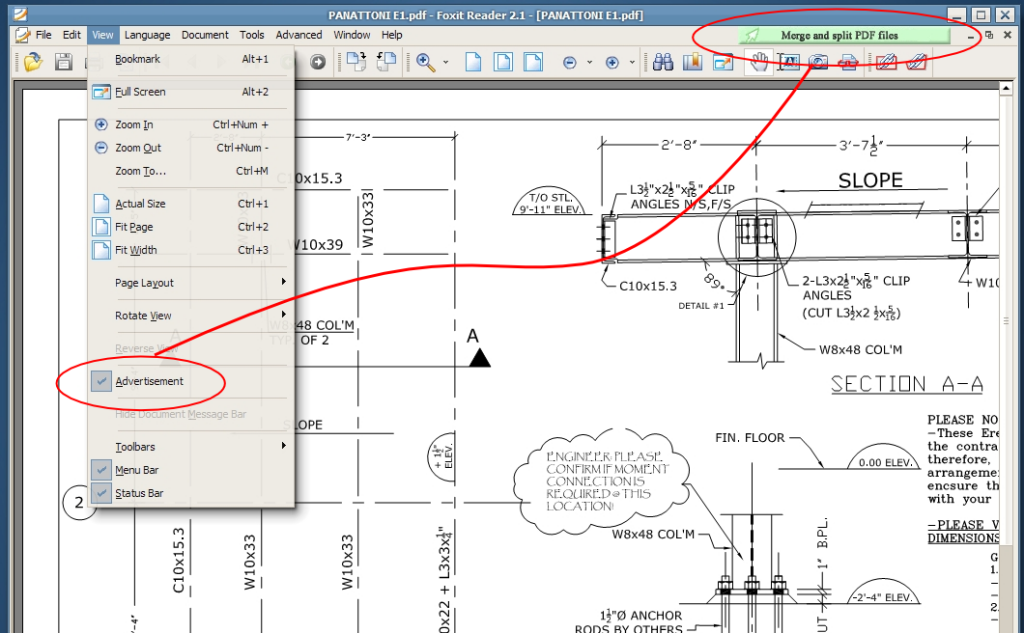While the interview was fascinating from start to finish, his views on the future of the software industry were a lot less rosey and idealistic than I was expecting. Of course he contends that the old models of proprietary software manufacture (like Microsoft) will die out, but he also predicts a landscape of freely available software being produced by millions (if not billions) young people the world over, not a relatively small group of high-minded rich programmers in the US destined for early retirement. The high-level, money making task it seems is not in the software production and design, but in the 'editing' of the newly commoditized software landscape. That is, taking the raw materials and forming practical and palatable solutions for corporate and consumer consumption. Adding value is the thing. He illustrates it with IBM. He says they are well on their way. They are commoditizing all the software they can and concentrating on their high margin/ high-value added items instead.
There has long been discussion about how free software developers are supposed to make money. Maybe they're not. I remember an interview on TLLTS where Richard Stallman is confronted with this question. And if I remember correctly, I think he said the same thing.. 'maybe they're not'.
And while this undoubtedly won't sit well with many free software developers (or software developers in general), it may be the inevitable truth in the long run. Does the western world have some divine right to software technology production? Perhaps it (the western world) just has to move on to something else - something further up the chain.
I've been mulling over a prospective blog post in a similar vein for a month or two now. Maybe traditional journalists will go the way of the Dodo Bird. Maybe free software programmers are not supposed to make money doing it. As technology develops, certain careers fall by the wayside. What about secretaries? What about professional photographers? What about professional graphic designers? Are any of these things sacred? Maybe not. Maybe those people have to find other ways to make a living in the future. Time passes, things change, and being a stubborn optimist, I think we, as a whole, move forward. But I digress... that post is still simmering.. ;)
One final fascinating thing in the interview was Moglen's distinction between functional and non-functional digitial goods. Functional meaning things like data collections, algorithmic systems, blueprints, software and the like which can be judged on their functionality. Whereas non-functional digital goods are things like music, art, movies, literary works etc. whose evaluation is subjective in nature. He proposes that the quality of functional commodities improves when no-one is excluded from producing it (eg. free and open-source software) so rights restrictions on these things inherently limits quality. However he states that non-functional digital good (music, art etc.) will not necessarily be better or worse depending on how they are limited in terms of rights - so whether or not these rights are limited makes little difference.
Now I'll stop pretending to know all of the intricacies of these issues. Do yourself a favour and listen to it. It's the most interesting 45 minutes I've spent in a long while.
Blogged with Flock




